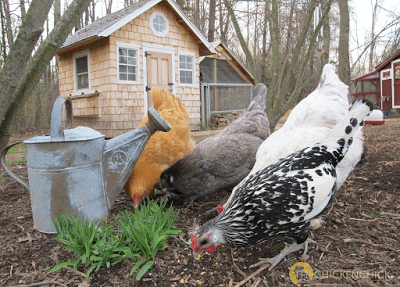Chicks need a special feed tailored to their dietary needs. Chickens that lay eggs need complete chicken layer food to supply them with all of the nutrients required for healthy, strong eggs.
Layer diets contain 16-18% protein and calcium to help hens produce strong-shelled eggs. Plus, they include essential vitamins and minerals to keep them in optimal condition.
Contents
Protein
Protein is an essential nutrient for chickens and other livestock. It helps build muscle tissue, replicate DNA, and transport other molecules around the body.
Layer feed typically contains around 16% protein, so it’s essential that you provide your chickens with the appropriate amount of this vital nutrient. The exact amount will depend on your flock’s age and what kind of chicken feed you’re using.
Typically, younger laying hens require more protein than older mature birds because their bodies are still developing organs, bones and muscle tissue to support growth.
Seasonally, chickens’ dietary protein levels vary, especially during winter when they require more energy to stay warm. Conversely, when temperatures are high during the summer, chickens don’t require as much metabolizable energy and thus consume fewer nutrients. This can reduce nitrogen emissions and enhance dietary performance.
Calcium
Calcium is an essential nutrient for your laying hens. It aids in the development of strong eggshells and supports their circulatory, nervous, cardiac, and digestive systems.
On average, commercial chicken layer diets contain between 3-4 percent dietary calcium. This amount is necessary for your hens to get the two grams of calcium necessary for each eggshell.
Calcium levels aren’t the only thing affecting your hens’ health and productivity; they also need a nutritious diet in order to produce healthy eggs!
Some producers opt to supplement the calcium in their layer feed with oyster shells or limestone. While this practice may reduce calcium concentrations in the feed, it also causes decreased palatability for hens which could result in decreased feed intake.
Vitamins
Layer hens require a variety of vitamins and minerals to remain healthy, as well as to recover after periods of illness or stress.
Chickens can get their vitamins from green grass, alfalfa and fish oils. Additionally, they get minerals from feed additives and calcium carbonate.
Vitamins can be divided into two groups according to their solubility in lipids or water: fat-soluble and water-soluble. The fat-soluble group includes A, D, E and K while the water soluble vitamins include riboflavin, niacin, pantothenic acid, folic acid, biotin and vitamin C.
Vitamins are essential for poultry health and performance, but can become depleted if not provided in sufficient amounts. Deficits may lead to numerous health issues and even death in some cases.
Minerals
Chickens require a range of minerals to stay healthy and productive. These essential elements aid in metabolic processes, egg shell production, muscle growth, blood clotting and bone development.
Feed grains and cereal by-products usually provide most of the energy chickens require, however they lack vital microminerals such as calcium, sodium, potassium, phosphorus, iron, chlorine and iodine. To supplement commercial poultry feed with these essential microminerals producers supplement it with commercial poultry pellets.
Vitamins are another essential dietary component necessary for chickens to remain healthy and productive. Poultry require both fat-soluble (A, D, E, K) as well as water-soluble (biotin, choline, folic acid, niacin, riboflavin, thiamin, pyridoxine, pantothenic acid and B12) vitamins in their diets.
Supplementing your chicken’s diet with supplements can improve their nutrition and help sick or stressed birds recover quickly. Effective supplements save farmers and feed manufacturers money by increasing yields and extending shelf-life of products, as well as inhibiting harmful organism growth in feed.




